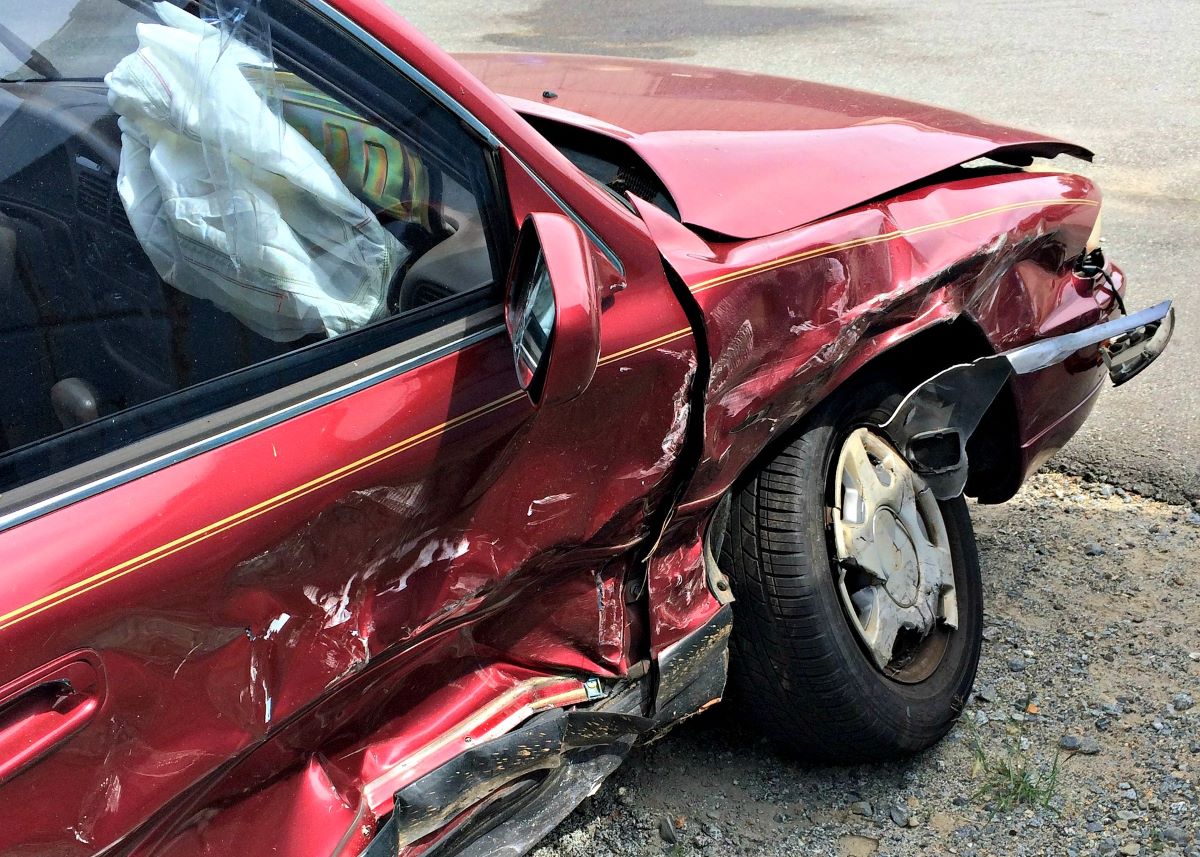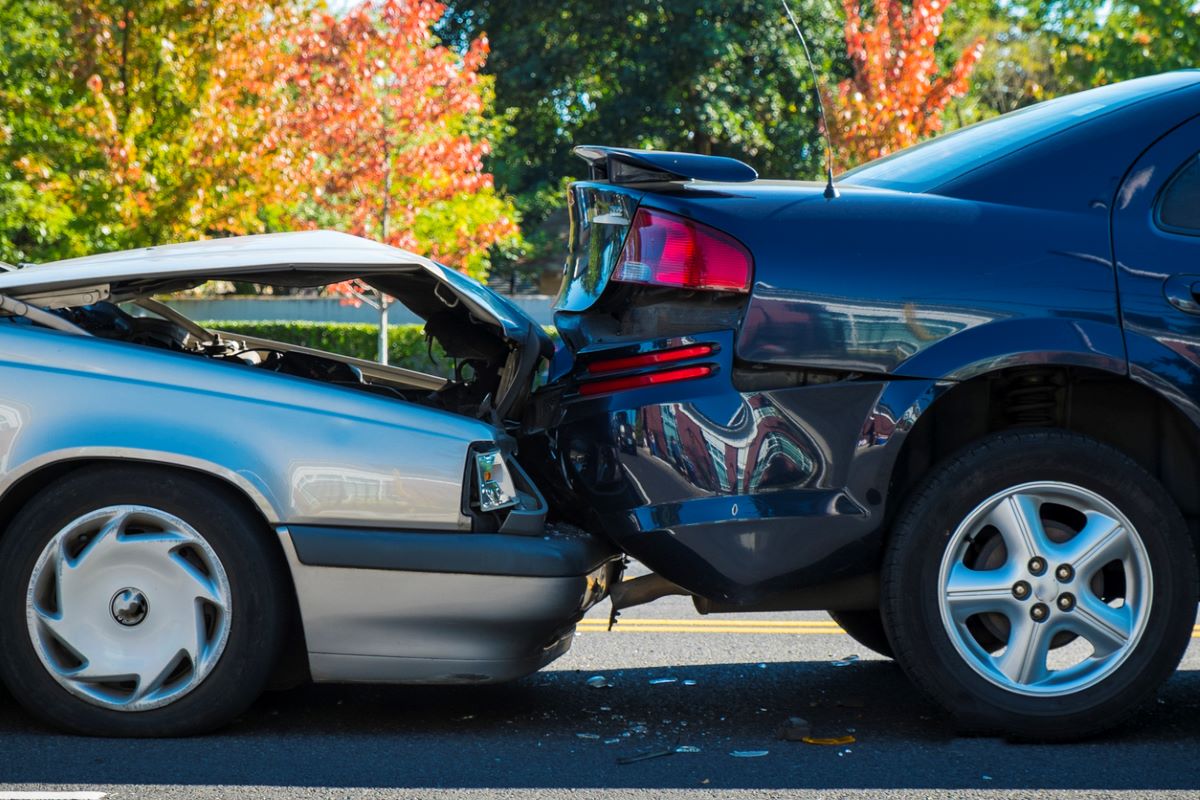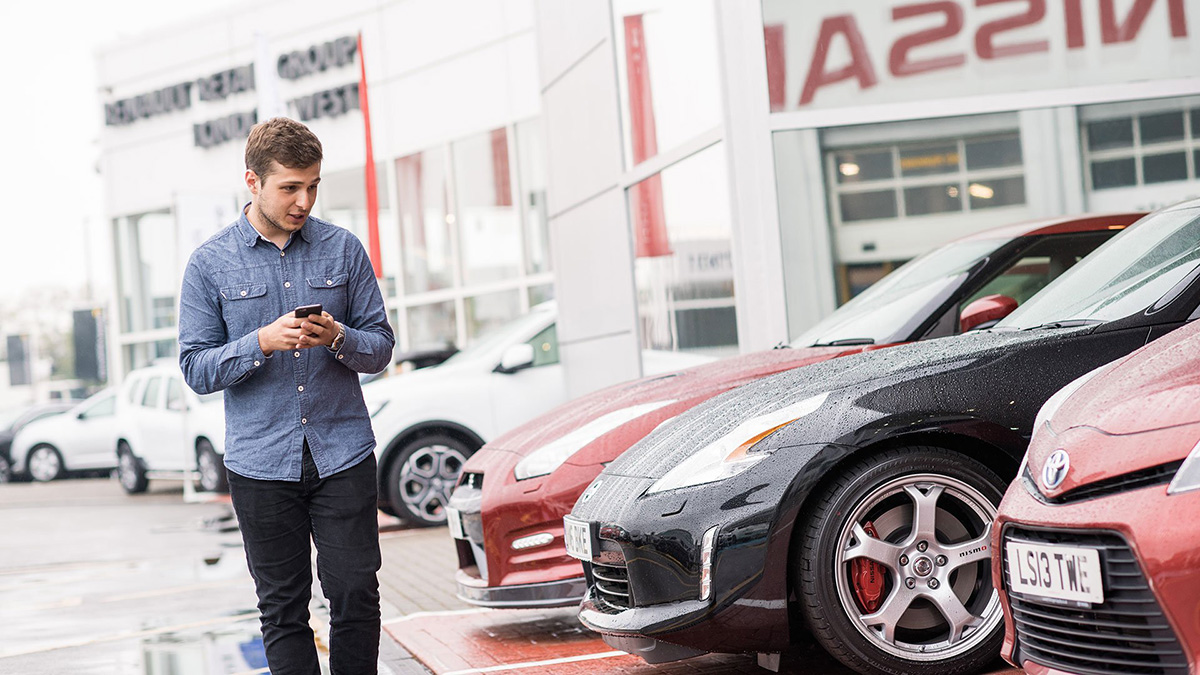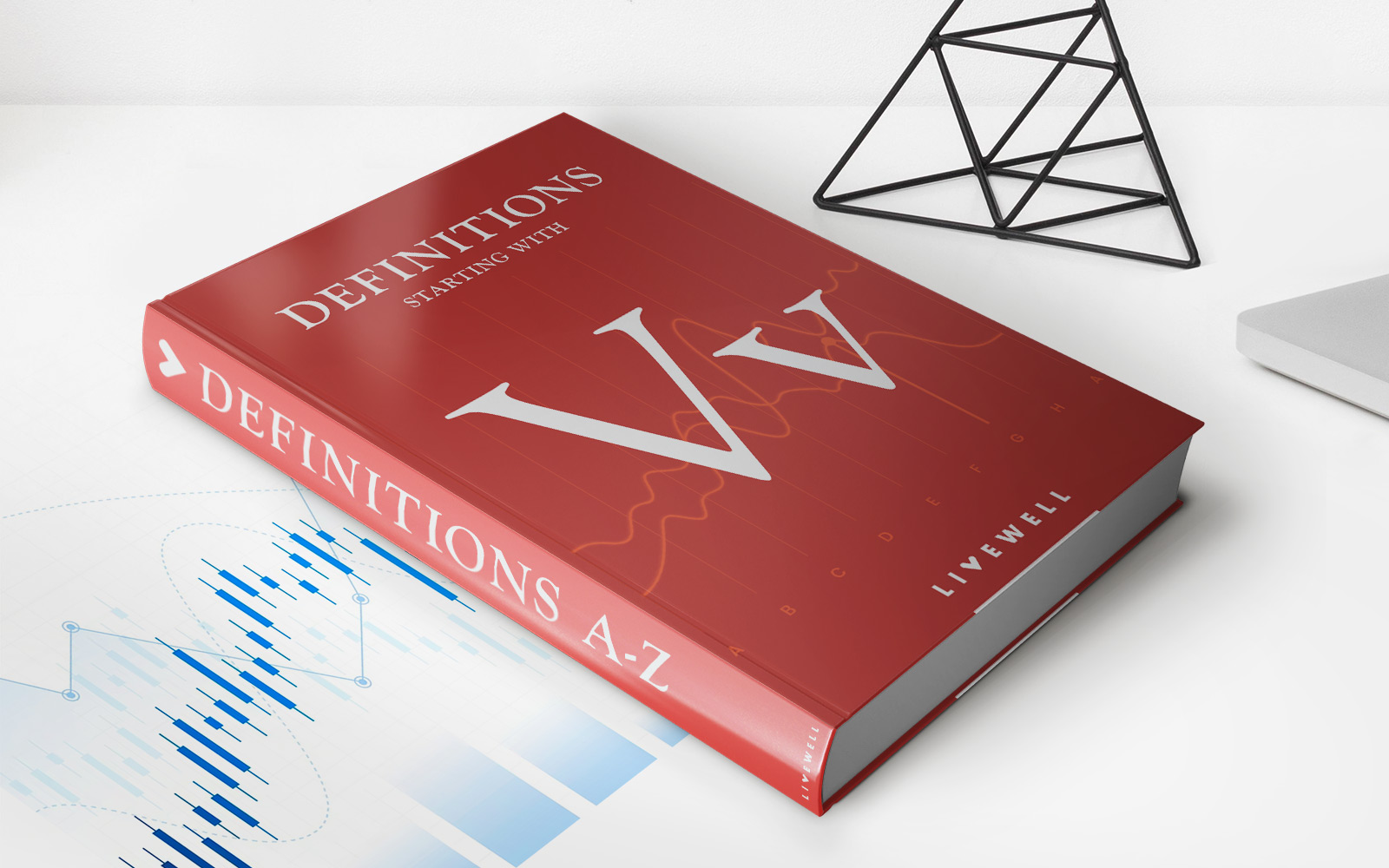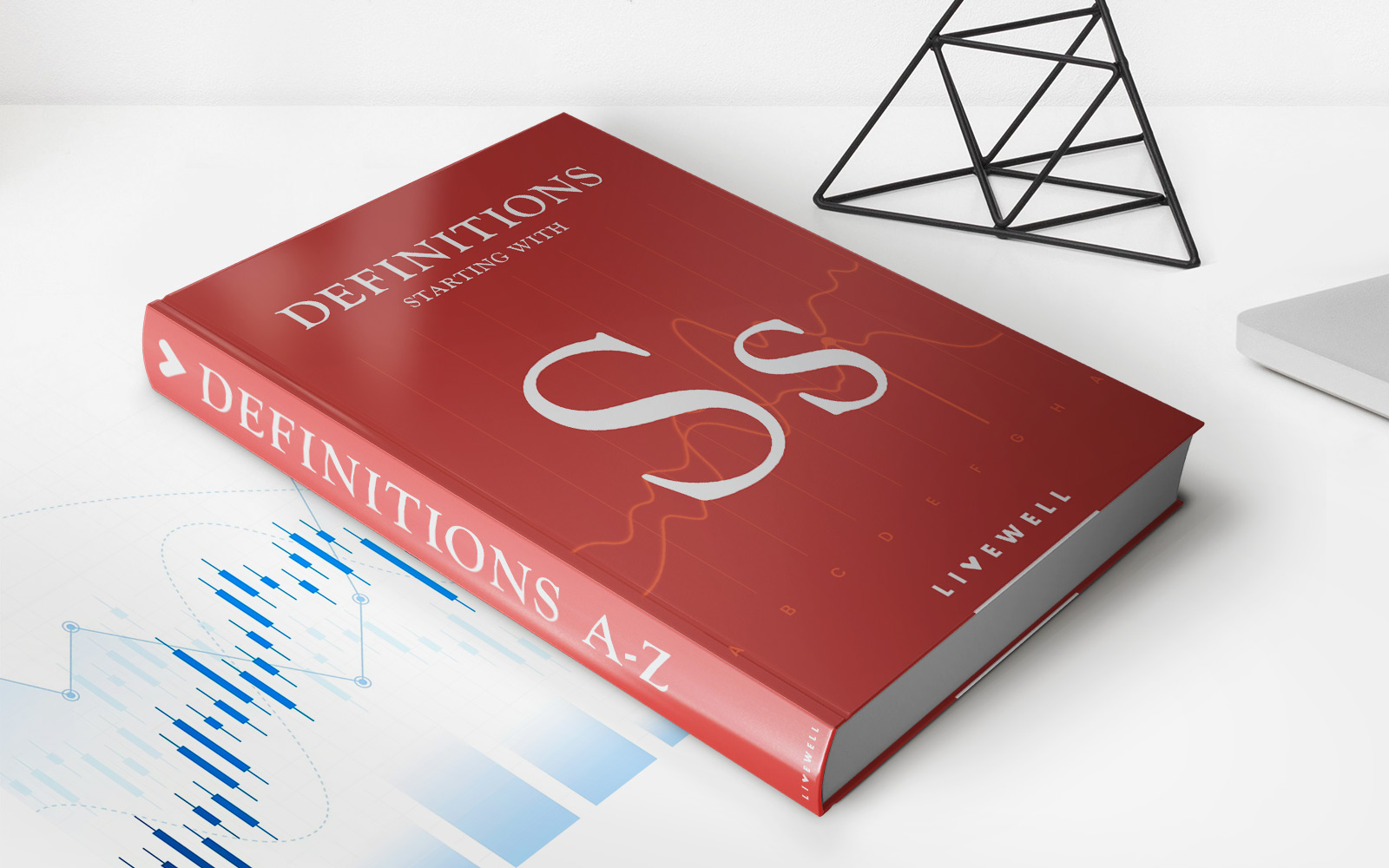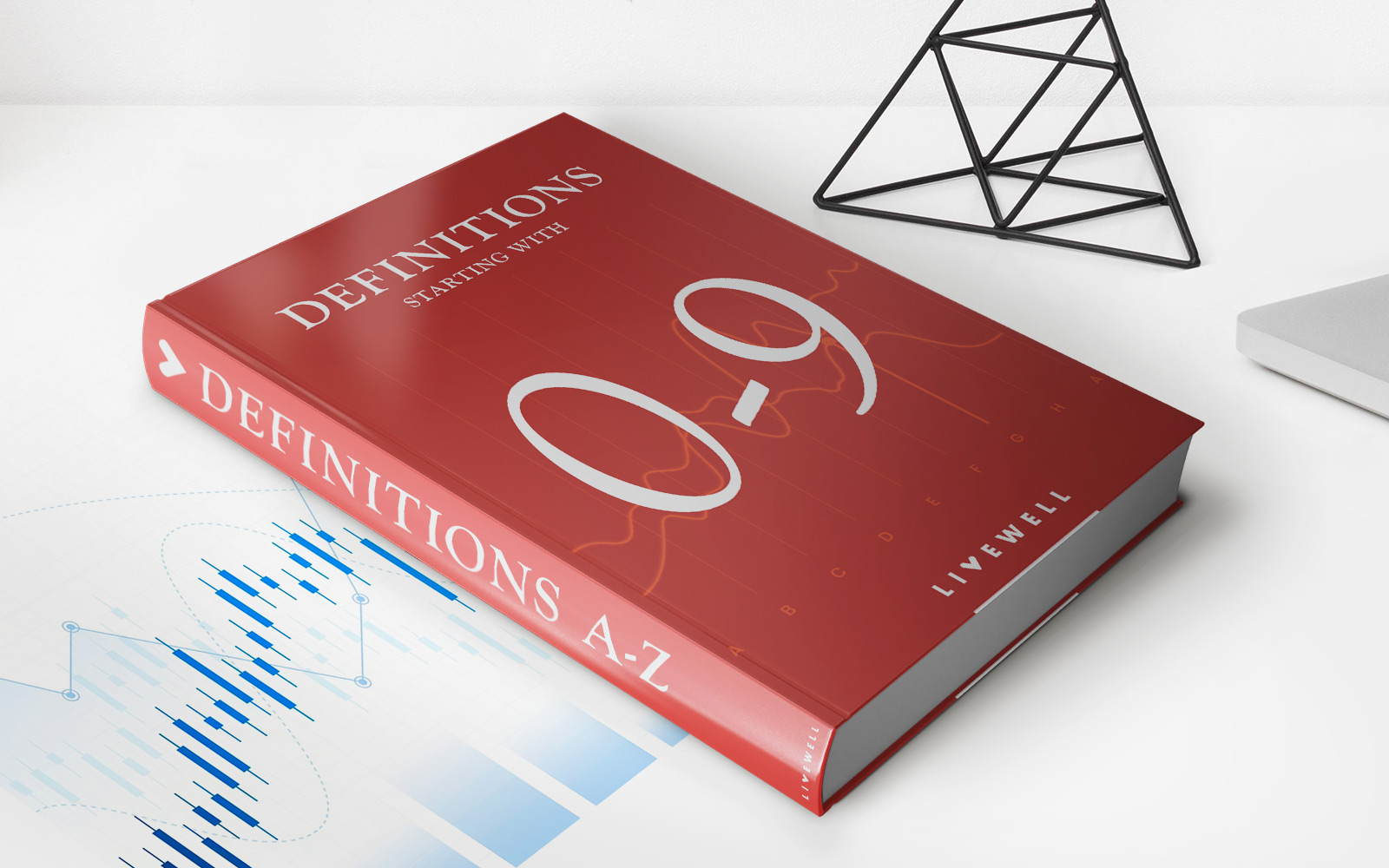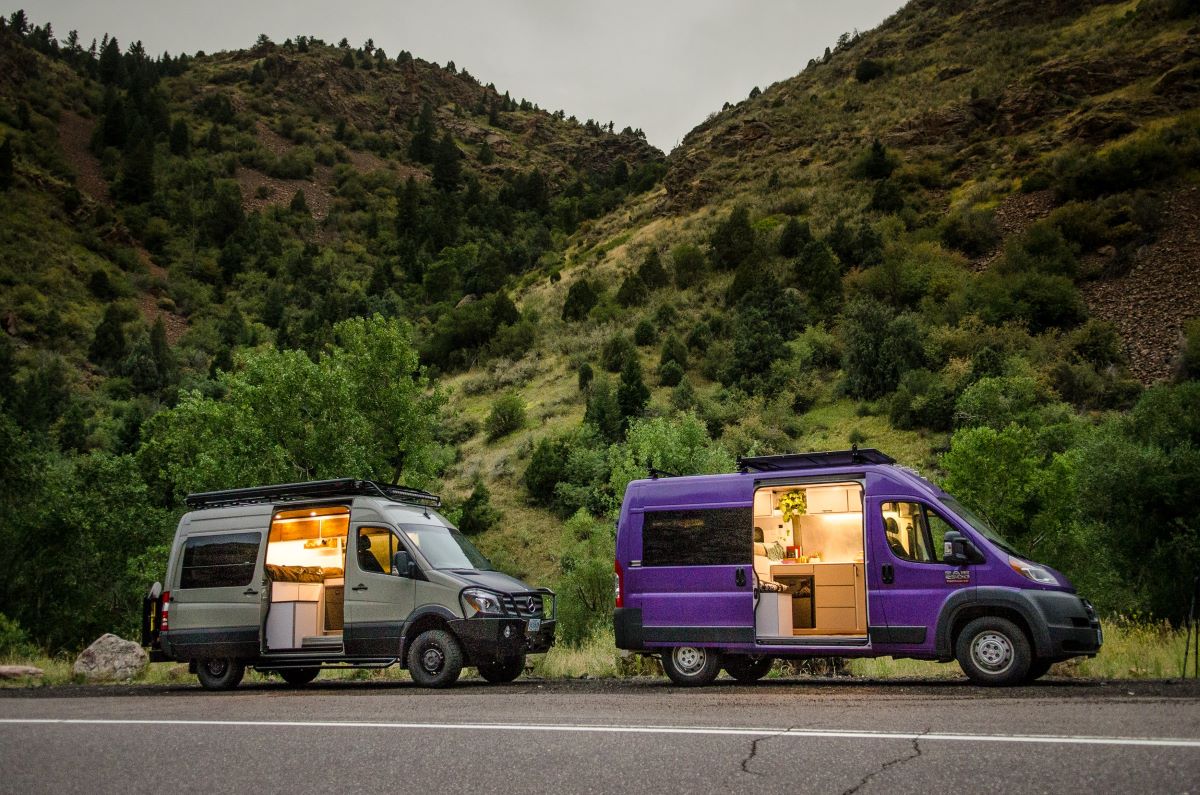

Finance
What Is Conversion Package Car Insurance?
Published: November 11, 2023
Looking for an affordable car insurance option? Discover what conversion package car insurance is and how it can help you manage your finances effectively.
(Many of the links in this article redirect to a specific reviewed product. Your purchase of these products through affiliate links helps to generate commission for LiveWell, at no extra cost. Learn more)
Table of Contents
- Introduction
- Understanding Conversion Package Car Insurance
- Benefits of Conversion Package Car Insurance
- Drawbacks of Conversion Package Car Insurance
- Coverage Included in Conversion Package Car Insurance
- Factors to Consider When Choosing Conversion Package Car Insurance
- How to Purchase Conversion Package Car Insurance
- Comparing Conversion Package Car Insurance with Other Types of Coverage
- Conclusion
Introduction
When it comes to insuring your car, you have a wide array of options to choose from. One such option is conversion package car insurance. If you’re not familiar with this type of coverage, you may be wondering what it entails and whether or not it’s a suitable choice for you.
In this article, we’ll explore the concept of conversion package car insurance, its benefits and drawbacks, as well as the coverage included. We’ll also highlight important factors to consider when selecting this type of insurance and guide you on how to purchase it. Additionally, we’ll compare conversion package car insurance to other types of coverage, so you can make an informed decision about the best option for your needs.
Conversion package car insurance is designed for those who own vehicles that have been converted from their original purpose. This could include modified vans, campervans, or even classic cars that have been transformed into showpieces. Essentially, it provides coverage tailored to the unique needs of these converted vehicles.
Whether you’ve converted your vehicle for personal use or professional purposes, having the right insurance is essential. Conversion package car insurance offers specific coverage that traditional car insurance policies may not provide. Let’s delve deeper into what this type of insurance entails and why it may be beneficial for you.
Understanding Conversion Package Car Insurance
Conversion package car insurance is a specialized form of coverage that caters to vehicles that have been converted from their original purpose. These conversions can range from simple modifications, such as adding new features or altering the interior, to more extensive transformations like turning a van into a mobile home.
One of the key aspects of conversion package car insurance is that it takes into account the value of the modifications made to the vehicle. Traditional car insurance policies typically only cover the original market value of the vehicle, excluding any additional upgrades or alterations. Conversion package insurance, on the other hand, considers the increased value resulting from the modifications.
This type of insurance also takes into account the unique risks associated with converted vehicles. For example, a campervan may have additional electrical or recreational equipment that requires specific coverage. Conversion package car insurance ensures that these specialized components are protected, providing peace of mind for the owner.
Furthermore, conversion package car insurance often includes coverage for personal belongings stored within the converted vehicle. This is particularly relevant for campervans or other recreational vehicles that may be used for travel purposes. Having coverage for personal items such as camping gear or electronics can be invaluable in the event of theft or damage.
It’s important to note that conversion package car insurance may have certain eligibility requirements. For instance, some insurers may require the conversion work to have been completed by a certified professional or reputable company. Others may require supporting documentation or photographs of the modifications for assessment purposes.
Overall, conversion package car insurance offers tailored coverage for the unique needs of converted vehicles, ensuring that both the modifications and the increased value they bring are adequately protected. Now that we’ve explored the basics of conversion package car insurance, let’s take a closer look at its benefits and drawbacks.
Benefits of Conversion Package Car Insurance
Conversion package car insurance comes with several benefits that make it a preferred choice for owners of converted vehicles. Let’s take a look at some of the key advantages:
1. Enhanced Coverage:
Conversion package car insurance provides coverage specifically tailored to the modifications made to the vehicle. This means that the increased value resulting from the conversions is taken into consideration when determining the coverage amount. This ensures that you are adequately protected in the event of damage or theft.
2. Protection for Custom Features:
If you’ve invested in custom features and upgrades for your converted vehicle, traditional car insurance may not cover their full value. Conversion package insurance recognizes and protects the added value of these modifications, giving you peace of mind knowing that your investment is safeguarded.
3. Coverage for Personal Belongings:
Many conversion package car insurance policies include coverage for personal belongings stored within the converted vehicle. Whether you’re traveling in a campervan or using your converted vehicle for recreational purposes, having insurance coverage for your personal items such as camping equipment, electronics, or clothing is essential.
4. Specialized Repairs and Service:
In the event of damage to your converted vehicle, conversion package car insurance often provides access to specialized repair facilities and service providers who are experienced in working with modified vehicles. This ensures that any necessary repairs or replacements are done correctly, maintaining the integrity and value of your conversion.
5. Flexibility and Customization:
Conversion package car insurance policies can often be customized to suit your specific needs. You can choose coverage options that align with the type and extent of modifications made to your vehicle. This level of flexibility allows you to have a policy that provides the right level of protection for your unique situation.
These benefits highlight why conversion package car insurance is an attractive option for owners of converted vehicles. However, it is important to understand the potential drawbacks as well. Let’s explore the limitations of this type of coverage in the next section.
Drawbacks of Conversion Package Car Insurance
While conversion package car insurance offers many advantages, it is important to be aware of some of the potential drawbacks before making a decision. Here are a few limitations to consider:
1. Higher Premiums:
Due to the specialized coverage provided by conversion package car insurance, premiums can be higher compared to standard car insurance policies. This is because the insurer needs to account for the increased value of the converted vehicle and the unique risks associated with modifications.
2. Limited Insurance Providers:
Conversion package car insurance is a niche market, which means that the number of insurance providers offering this type of coverage may be limited. This can restrict your options and make it more challenging to find the right policy that meets your specific needs.
3. Strict Eligibility Requirements:
Since conversion package car insurance is tailored for converted vehicles, insurers may have stricter eligibility requirements compared to traditional car insurance. This could include needing proof of professional conversion, specific documentation, or photographs of the modifications. Meeting these requirements might require additional effort and time.
4. Limited Mileage Allowance:
Some conversion package car insurance policies may have limitations on mileage. This means that there could be restrictions on the distance you can drive your converted vehicle within a specified period. If you plan to use your vehicle extensively, this limitation might not be ideal.
5. Single Use Policies:
Conversion package car insurance policies are often designed for specific uses, such as private use or business use. If you have converted your vehicle for multiple purposes, you might need to purchase separate policies or look for a provider that offers comprehensive coverage options.
While these drawbacks should be considered, many owners of converted vehicles find that the benefits of conversion package car insurance outweigh the limitations. By understanding the potential drawbacks, you can make an informed choice when exploring insurance options for your converted vehicle.
Coverage Included in Conversion Package Car Insurance
Conversion package car insurance offers a range of coverage options that are specifically tailored to the unique needs of converted vehicles. Here are some common coverage inclusions:
1. Modified Vehicle Value:
In contrast to traditional car insurance policies that only cover the market value of a vehicle, conversion package insurance takes into account the increased value resulting from the modifications made to the vehicle. This means that the coverage amount reflects the total value of the converted vehicle.
2. Custom Features and Equipment:
Conversion package car insurance covers the custom features and equipment added to the vehicle. Whether it’s a built-in entertainment system, specialized interior, or unique exterior modifications, these additions are protected under the policy, ensuring proper compensation in the event of damage or theft.
3. Personal Belongings:
Many conversion package car insurance policies include coverage for personal belongings stored in the converted vehicle. This is particularly important for campervans or recreational vehicles, as it provides protection against loss or damage to items such as camping gear, electronics, or clothing.
4. Roadside Assistance:
Conversion package car insurance may include roadside assistance services. This can be especially beneficial if you are using your converted vehicle for long trips or if you encounter any mechanical issues or breakdowns while on the road.
5. Rental Coverage:
In the event that your converted vehicle requires repairs due to an accident or damage, some conversion package car insurance policies offer coverage for rental vehicles. This ensures that you have a temporary replacement vehicle while your car is being repaired.
6. Specialized Repair Networks:
With conversion package car insurance, you often have access to specialized repair networks that are experienced in working with modified vehicles. These repair facilities understand the intricacies of the conversions and have the expertise to handle any repairs or replacements necessary.
It’s important to carefully review the coverage included in a conversion package car insurance policy to ensure it aligns with your specific needs. Additionally, consider any optional coverage that may be available to further customize your policy.
Factors to Consider When Choosing Conversion Package Car Insurance
When selecting conversion package car insurance for your converted vehicle, it’s important to consider several factors to ensure you choose the right coverage. Here are some key factors to keep in mind:
1. Value of Modifications:
Assess the value of the modifications made to your vehicle. Understanding the total worth of the conversions will help you determine how much coverage you need. Make sure the insurance policy reflects the increased value resulting from the modifications.
2. Coverage Options:
Review the coverage options offered by different insurance providers. Consider the specific needs of your converted vehicle, such as coverage for custom features, personal belongings, and roadside assistance. Ensure that the policy includes the necessary coverage for your unique requirements.
3. Premium Costs:
Compare the premium costs from different insurance providers. While conversion package car insurance premiums may be higher compared to standard car insurance, it’s important to find a policy that offers good value for your money. Carefully evaluate the coverage benefits in relation to the cost of the premiums.
4. Eligibility Requirements:
Check the eligibility requirements set by insurance providers. Some insurers may have specific criteria regarding the conversion work, such as requiring it to be done by certified professionals or reputable companies. Ensure you meet the eligibility requirements of the insurance provider you choose.
5. Customer Reviews and Reputation:
Research the reputation and customer reviews of insurance providers. Look for feedback from other owners of converted vehicles who have purchased conversion package car insurance. This will give you insights into the quality of service, claims process, and overall customer satisfaction.
6. Additional Benefits:
Consider any additional benefits or extras offered by the insurance provider. This could include perks like discounts for safe driving or coverage for rental vehicles during repairs. Assess what additional benefits are important to you and factor them into your decision-making process.
By considering these factors, you can make a well-informed decision when choosing conversion package car insurance for your converted vehicle. Remember to compare quotes from multiple providers and carefully review the policy terms and conditions before making a final choice.
How to Purchase Conversion Package Car Insurance
When it comes to purchasing conversion package car insurance for your converted vehicle, there are a few key steps to follow. Here’s a simple guide to help you through the process:
1. Research Insurance Providers:
Start by researching insurance providers that offer conversion package car insurance. Look for companies that specialize in this type of coverage or have experience insuring converted vehicles. Read reviews, compare quotes, and evaluate the reputation of each provider.
2. Gather Necessary Documentation:
Once you have selected an insurance provider, gather any necessary documentation required for the policy. This may include photographs of the modifications, receipts for custom features, or proof of professional conversion. Prepare these documents to submit along with your insurance application.
3. Request Customized Quotes:
Contact the insurance providers and request customized quotes for your converted vehicle. Provide them with accurate information about the make, model, year, and modifications made to the vehicle. This will help ensure that the quotes you receive accurately reflect the coverage you need.
4. Compare Coverage and Premiums:
Review the quotes you receive and compare the coverage options and premium costs. Assess the benefits and limitations of each policy, and how they align with your specific needs. Consider the value of the coverage, the reputation of the insurance provider, and any additional benefits offered.
5. Select and Purchase the Policy:
After careful evaluation, select the conversion package car insurance policy that best fits your requirements. Contact the insurance provider to finalize the purchase. Provide all necessary information and documentation, and make the payment as per the agreed terms.
6. Review the Policy Terms:
Once you receive your policy documents, thoroughly review the terms and conditions. Familiarize yourself with the coverage details, exclusions, deductibles, and any additional requirements or limitations. If you have any questions or concerns, reach out to the insurance provider for clarification.
Remember to keep your conversion package car insurance policy documents safe and easily accessible. Be sure to renew your policy before it expires to ensure continuous coverage for your converted vehicle.
By following these steps, you can navigate the process of purchasing conversion package car insurance and secure the appropriate coverage for your converted vehicle.
Comparing Conversion Package Car Insurance with Other Types of Coverage
When considering insurance options for your converted vehicle, it’s essential to compare conversion package car insurance with other types of coverage to determine the best fit for your needs. Here are some key comparisons to consider:
1. Traditional Car Insurance:
Traditional car insurance provides coverage for the original market value of a vehicle and typically does not account for modifications. While it may be a more cost-effective option, it may not adequately cover the increased value resulting from conversions, nor provide specific coverage for custom features or personal belongings.
2. Specialized Collector Car Insurance:
If your converted vehicle is a classic or collector car, specialized collector car insurance may be an option. This type of coverage considers the unique value of vintage or collector vehicles, but it may not provide coverage for modifications or custom features. Evaluate your specific needs to determine if this type of insurance aligns with your requirements.
3. Recreational Vehicle (RV) Insurance:
If your converted vehicle is primarily used for recreational purposes, RV insurance might also be worth considering. RV insurance typically provides coverage for personal belongings, on-board equipment, and liability, but it may not offer specific coverage for modifications or custom features. Assess whether the coverage offered by RV insurance meets your needs as a converted vehicle owner.
4. Commercial Auto Insurance:
If you are using your converted vehicle for business purposes, commercial auto insurance might be necessary. This type of coverage is designed for vehicles used in business operations and may provide liability coverage, coverage for customized equipment, and other commercial-specific benefits. Evaluate the specific requirements of your business to determine if commercial auto insurance is necessary.
5. Conversion Package Car Insurance:
Conversion package car insurance is specifically tailored for vehicles that have been converted from their original purpose. It accounts for the increased value resulting from modifications and provides coverage for custom features and personal belongings. This type of insurance offers comprehensive protection specifically designed for converted vehicles.
When comparing these insurance options, consider factors such as the value of your modifications, the specific coverage needs of your converted vehicle, and your budget. Assess the benefits and limitations of each type of coverage to make an informed decision about the best option for your unique situation.
Conclusion
Conversion package car insurance offers a specialized and tailored solution for owners of converted vehicles. This type of coverage recognizes the increased value resulting from modifications and provides specific protection for custom features and personal belongings. While conversion package car insurance may have higher premiums compared to traditional car insurance, the benefits often outweigh the drawbacks, especially for those who have invested time and resources into customizing their vehicles.
When considering conversion package car insurance, it is essential to carefully evaluate the coverage options, compare quotes from different providers, and review the policy terms and conditions. This will ensure that you select the right coverage that adequately protects your converted vehicle and aligns with your specific needs. Additionally, take the time to understand the eligibility requirements set by insurance providers to ensure you meet the necessary criteria.
It is also crucial to compare conversion package car insurance with other types of coverage, such as traditional car insurance, specialized collector car insurance, RV insurance, and commercial auto insurance. Assessing the benefits and limitations of each option will help you make an informed decision based on your unique circumstances, the value of your modifications, and your budget.
By following the steps outlined in this article and considering the factors discussed, you can confidently navigate the process of purchasing conversion package car insurance and ensure that your converted vehicle receives the appropriate coverage. Taking the time to research and select the right insurance policy will provide you with the peace of mind and protection you need to enjoy your converted vehicle to the fullest.





